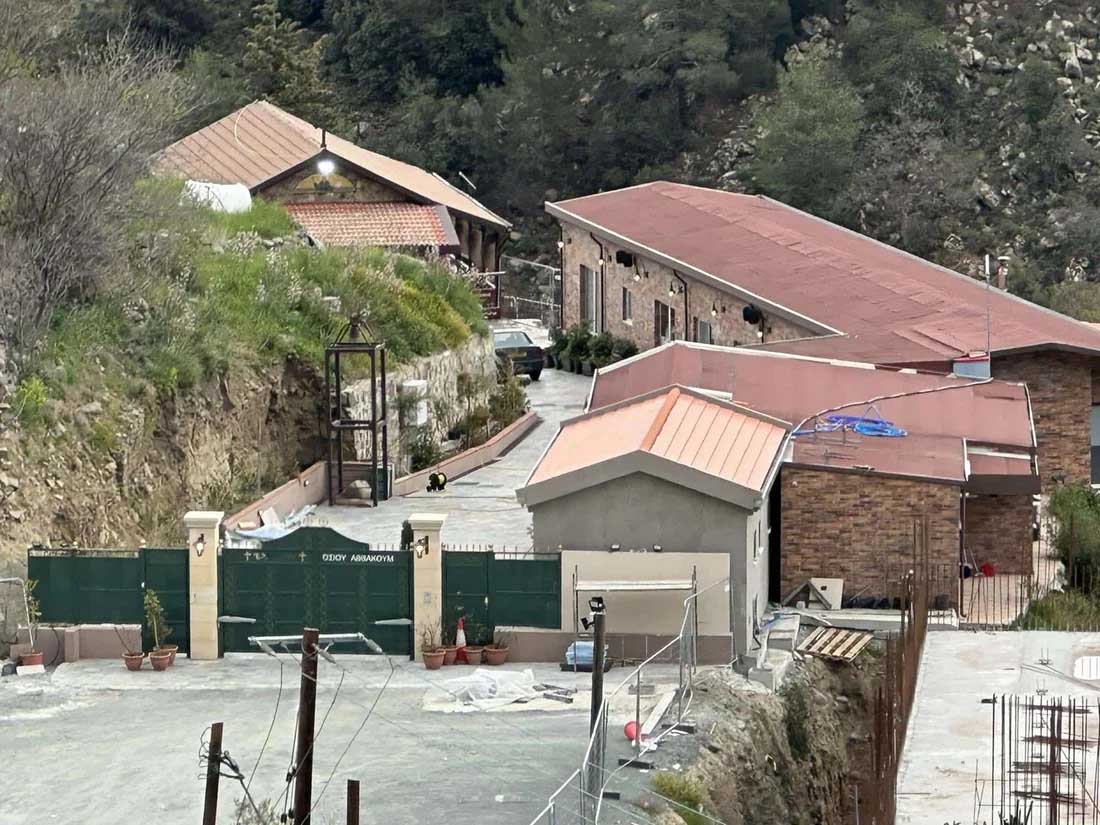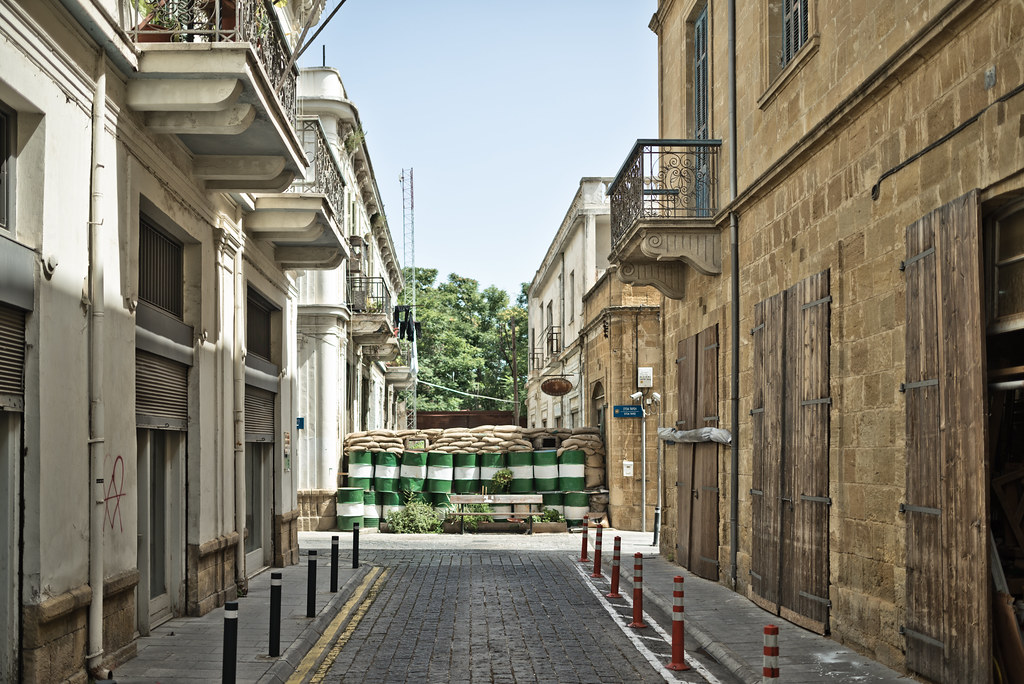The Supreme Court on Wednesday rejected an application by Monk Nectarios to cancel a court order that allowed authorities to seize evidence from the Monastery of Saint Abvakoum.
The order, issued by the Nicosia district court on July 3, remains valid.
This means the authorities are legally allowed to retain the items, which, according to the monk, include personal documents, spiritual conversations, confessions, religious records, images and videos of people connected to the monastery.
The monk argued that the order to seize the items had been issued illegally, without proper seizure procedures being followed. He also claimed the order breached natural justice, since he was not given the chance to be heard before it was issued.
Nectarios further claimed that the lower court made a serious legal error, failing to apply key legal safeguards under the EU general data protection regulation and Cyprus’ 2018 data protection law.
According to his submission, the seized material involved sensitive personal and religious data, which should be protected under EU and European human rights law, including the right to privacy, data protection, and freedom of religion.
He insisted that the retention and possible processing of this data, without his consent or the proper legal safeguards, violated the EU charter of fundamental rights and the European convention on human rights.
His legal team also argued that the original order was granted following a one-sided application, where important facts were not fully or honestly presented to the district court.
Nectarios also said that under the church of Cyprus charter, any transfer of monastery documents by third parties, including the Tamasos Bishopric, without the consent of the abbot, was legally invalid.
He also referred to an incident on March 5, 2024 when around 20 individuals, including clergy and masked men, reportedly stormed the monastery when some monks were reportedly forced to leave, and locks were changed.
This action, he claimed, led to the unlawful control of the monastery and the unlawful seizure of the materials in question.
The Supreme Court, however, concluded that the district court had properly considered the matter under the relevant laws and was satisfied that the legal conditions for the order were met.
“There is no arguable case justifying the requested leave,” the Supreme Court said. “The application is dismissed.”






Click here to change your cookie preferences